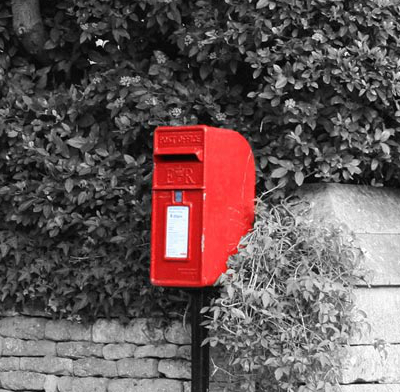Paper, Plastic and Reusable: Which Bag is Best?
.jpg)
How many times did you reuse the last plastic bag you bought at the check-out? If it was a Bag for Life, that answer had better be ‘at least twelve times or more’ according to Metro UK.
Because of the extra plastic used to make it, that’s the bare minimum to make it equivalent to a ‘normal’ plastic bag, as they take even longer to break down and more resources to make. Unfortunately, those of us who don’t always remember bags, probably don’t manage that twelve times. That’s why environmental campaigners are worried by the fact lots of supermarkets now only sell ‘reusable’ bags instead of the thinner kind – because many aren’t reused at all.
According to the Northern Irish Assembly briefing notes, there are a few other key bits of interesting information to consider!
- It takes more than four times as much energy to manufacture a paper bag as it does to manufacture a plastic bag. It would take approximately seven lorries to transport the same number of paper bags as can be transported by a single lorry full of plastic bags.
- Plastic Bags are produced from the waste products of oil refining. It takes around 2 billion barrels of oil to service the plastic bag industry alone. However, plastics are currently made from a by-product of oil or natural gas. Until other fuels have been developed, it makes good environmental sense to use the by-product, instead of using scarce agricultural resources and water to make paper or cloth bags or vegetablebased plastic.
- Cloth Bags are much thicker and more expensive. 30,000 cotton bags can be packed into a 20-foot container, but the same container will accommodate 2.5 million plastic carrier-bags. Therefore, to transport the same number of jute or cotton bags 80x more ships and lorries would be required than for plastic bags.
- Plastic Bags can be made very thin, and are still strong enough to carry a full load of heavy shopping. A plastic bag can carry 2,500 times its own weight and stay strong when wet. The bags can also be re-used many times over for shopping, and are also put to many other uses in the home.
- Reusable plastic bags (the so-called ‘bags for life’) are more sustainable than all types of lightweight plastic carrier bags if used enough times. They give the greatest environmental benefits over the full lifecycle.
- According to the Welsh Assembly Government, The Environment Agency completed a study into the environmental impacts of types of carrier bags. The study concluded that for a paper bag to have the same impact on the environment as a plastic bag it would need to be used at least 4 times; however, most paper bags would not be durable enough to be used 4 times.
- Cloth Bags can be reused many times. However, cloth bags are not hygienic, like plastic bags. Research by Guelph Chemical Laboratories in Canada in 2008 Microbiological Study of Reusable Grocery Bags has shown that "re-usable grocery bags can become an active microbial habitat and a breeding-ground for bacteria, yeast, mould, and coli forms."
Confused which bags you should be using? We know we are!
Latest News
UK Food Trends to Watch in 2026: Bold Flavours, Global Inspiration & Health-Savvy Eating
Mood Boosting Foods for January Blues
Merry Christmas from all of us at Red Box!
What Services Can Red Box Provide for Your Business?
The Shift in UK Vegan Food: Why Some Plant-Based Options Are Disappearing
How Red Box Can Empower Your Team Through Training
Useful Links to Further Information
- THE BRITISH INSTITUTE OF FACILITIES MANAGEMENT (BIFM)- Founded in 1993, BIFM is a professional body for facilities management, both individuals and organisations.
- FIRST POINT ASSESSMENT (FPAL)- Is a supplier management community supporting the European oil and gas industry.
- THE CHARTERED INSTITUTE OF ENVIRONMENTAL HEALTH (CIEH)- A charity that is the professional and leading voice for environmental and public health and safety.
- INSTITUTE OF HOSPITALITY- A professional membership group that provides support and information for those who work or study in the hospitality and tourism industries.
- FOOD STANDARD AGENCY (FSA)- The governmental department responsible for food safety and hygiene throughout the UK.
- THE UNIVERSITY CATERERS ORGANISATION (TUCO)- TUCO is a professional membership group for in-house caterers within the higher education sector, and is one of the leading organisations of its kind in the UK.
- BRITISH HOSPITALITY ASSOCIATION (BHA)- An agenda-setter and members organisation for the hospitality and tourism industry that helps to promote the interest of operators, brands and owners across the hospitality and tourism sectors.
- ROYAL SOCIETY FOR PUBLIC HEALTH (RSPH)- An independent and multi-disciplinary charity who’s mission is to improve public health and wellbeing.
- INTERNATIONAL FACILITY MANAGEMENT ASSOCIATION (IFMA)- An international association for facilities management professionals, supporting 24,000 members in 105 countries.
